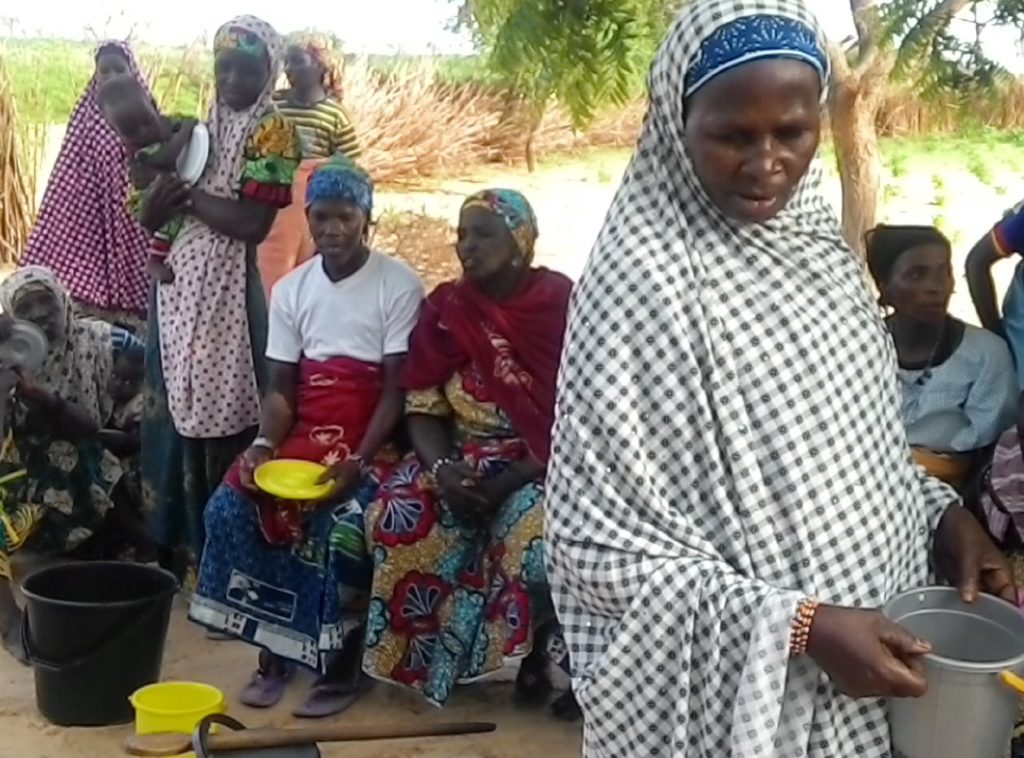
Dear Friend,
I know that, like me, you have a strong connection to Niger and its people. You know first-hand how great the need is and how few resources are at hand.
For most people, Niger is just an overlooked spot on a map of Africa. It’s confused with Nigeria, lumped together with other West African countries, or simply just ignored.
But, we are not most people. We have connections to the country that run deep – through our work and experiences. You and I, and all of us who are part of the Friends of Niger community, understand what life is like in a country that has long been one of the poorest in the world. We know the humanitarian toll this poverty takes.
Friends of Niger is a powerful way for each of us to continue to support effective, life-changing humanitarian work in the country even after our time there has ended.
Famine and drought. Health emergencies. Educational limitations.
Niger and its people have faced these crises for decades. But, in the past year, violence pressing Niger from all sides has made the situation even more dire.
ISIS, Al Qaeda in the Maghreb, and the Arawad rebellion threaten villages in the north. To the west, Malian rebels have sent a flood of refugees into Niger. To the southeast, Boko Haram have raped, pillaged, and plundered their way into the country, kidnapping young girls and killing villagers who get in their way. Each of these groups has made violent incursions into Niger in the past year.
Niger needs us.
Our health, education, economic development, and humanitarian projects are more important than they’ve ever been. You can help ensure these programs reach the people who need them most. Please help with a generous contribution to Friends of Niger today.
Over the past 30 years we have accomplished so much to help improve the health, security, and lives of thousands of Nigeriens in villages throughout the country.
But, for every village that one of our programs reaches, we know there are hundreds of others that need us.
Friends of Niger has created unique relationships that allow us to work directly with Nigerien NGOs as we help implement effective and sustainable programs.
In the business world this would be called “cutting out the middle man.” By working directly with the Nigeriens who will carry out these projects, we are able to build successful, cost-effective programs that can be replicated and expanded into hundreds of other villages.
So what’s stopping us?
The only thing that slows us down is the cost of expanding our programs. Simply put, Friends of Niger doesn’t have the financial capacity to grow all the projects that are urgently needed.
Let me tell you about just one of them … the Moringa Garden Project.
Moringa, you probably know, is a drought-resistant plant that provides a powerful range of vitamins, minerals, and nutrients – from vitamins A, B, and C, to protein and iron.
This plant, easily grown in West Africa, provides a way to curb the epidemic of malnutrition among Nigerien children and pregnant and nursing mothers.
With guidance from CONUSA (Conseil des Nigeriens aux USA), Friends of Niger reached out to health officers in the village of Sakawa and helped them establish a community moringa garden program.
It’s a simple project and one that cost us less than $2,000 to establish. But, that modest investment has helped provide necessary nutrients to more than 2,300 young women and nearly 600 infants in the past year and will continue to sustain itself into the future.
But, success in this one village also starkly illustrates our current limitations.
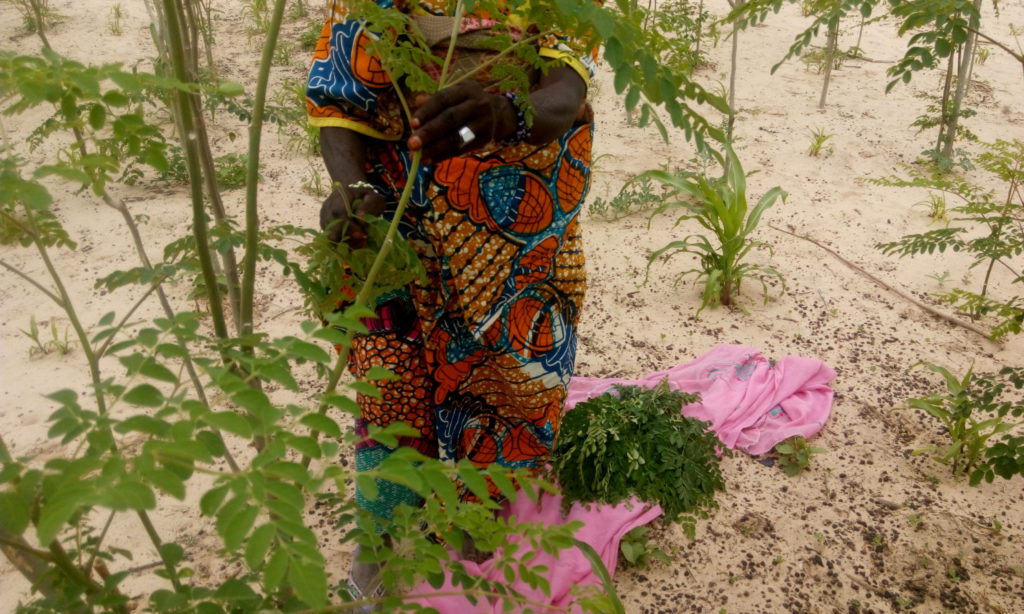
Moustapha Harou, a community health officer in Sakawa, has updated us regularly on the success of the program, the women and infants it has helped, and its acceptance by both the populace and the local authorities. In a recent update, he wrote:
“All of this was realized thanks to the willingness that animates the members of your noble and august association which did not spare any effort in coming to help this community which expresses its gratitude for you in spite of the thousands of kilometers that separate us.”
In a follow-up message just a few weeks ago, Moustapha told us he is currently working with the chiefs of five villages who already have offered small plots of land that are available for new moringa gardens.
But, that’s just the start. Moustapha has identified 32 villages that need – and could sustain – our Moringa Garden Project.
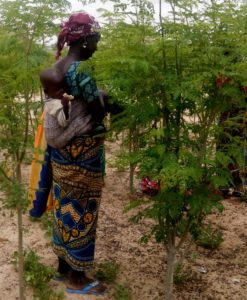
32 villages.
To provide this program to 32 additional villages – reaching thousands more mothers, infants, and children – would cost around $64,000.
I have enclosed for you some recent photos of our Moringa Project in Sakawa.
It is a vital, life-saving project. It is effective and sustainable. It needs to be expanded. And, Friends of Niger is uniquely suited to help the project grow.
And, that’s just one project.
We are also currently working with Tamesna Center for Nomadic Life – a school dedicated to education of children without requiring them to settle down – to support a project focused on the care and management of a goat herd. Based out of the rural commune of Ingall, the Tamesna school boards the children of nomads who have built the dorms.
While the teachers’ salaries are paid by the Nigerien government, food for the students depends on donations. This goat herd will begin to provide food for the children and lead to long-term sustainability – rare for nomadic schools.
We can grow our Moringa Garden Project, our goat and sheep husbandry projects, our educational efforts, our programs to help empower women and girls, and our other important work …
If …
If we have the funds we need.
If we have the support of friends like you who understand, more than anyone, why this work in Niger is so urgent and so important.
If we can act now.
In 1978, as a new Peace Corps volunteer, I was sent to Niger and spent the next two years in Zinder working in a girls’ school, teaching English, and coaching sports. When I left the country in 1980, I knew that I would never – could never – leave it and its people behind. It had become too important to me.
We come from different experiences in Niger – different times, different regions or villages, different projects.
But, we come together as one in our dedication to the resiliency and strength of Niger and its people. We come together through Friends of Niger so that we may still be a presence. So we may continue to help make a difference.
I was honored to be asked to become the President of Friends of Niger this year. Our board is a vibrant one and includes former Peace Corps Volunteers, those who lived in Niger with the Boston University program, others who have visited Niger, and Nigeriens living here in the United States.
Each of us is dedicated to continuing – and expanding – our work in Niger. I’m grateful that you have chosen to be part of this work as well.
We have accomplished much – and will accomplish even more – together.
At a time when many humanitarian efforts in the region are being slowed or curbed due to threats of violence, we have the ability to reach out to, and help, the people of Niger directly.
There is much that we must do. There is much we can accomplish. Especially now.
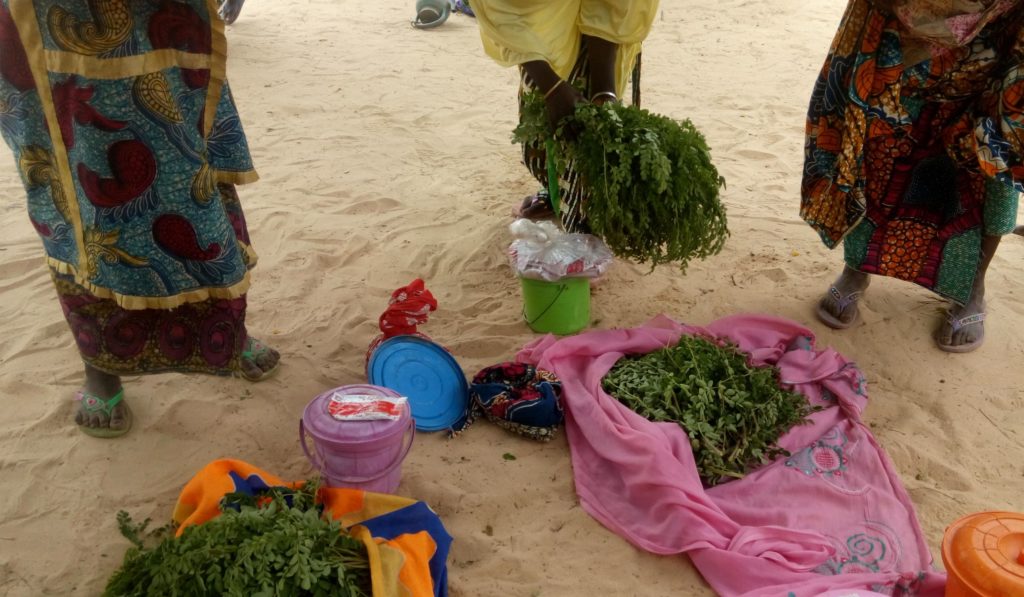
Together.
I hope that we can count on you to join me in this urgent and life-changing work.
Please help with a generous contribution today. I promise you, it will make a difference.
With your support we will help not just one life, not just one town or one village, but many. Thank you so much for your help and generosity.
Sincerely,
Meredith McGehee
President
P.S. Your tax-deductible contribution will help support the Moringa Garden Project in Sakawa, the goat herd in Ingall, and our other village-based programs that are currently underway. Plus, your contribution will also allow us to take these successful programs and roll them out to dozens – even hundreds – of other towns and villages.
Please help today.
You may make your donation through our secure PayPal site by clicking the DONATE button.
Or make your check payable to Friends of Niger and send to:
Friends of Niger
P.O. Box 1999
Brookline MA 02446-0017
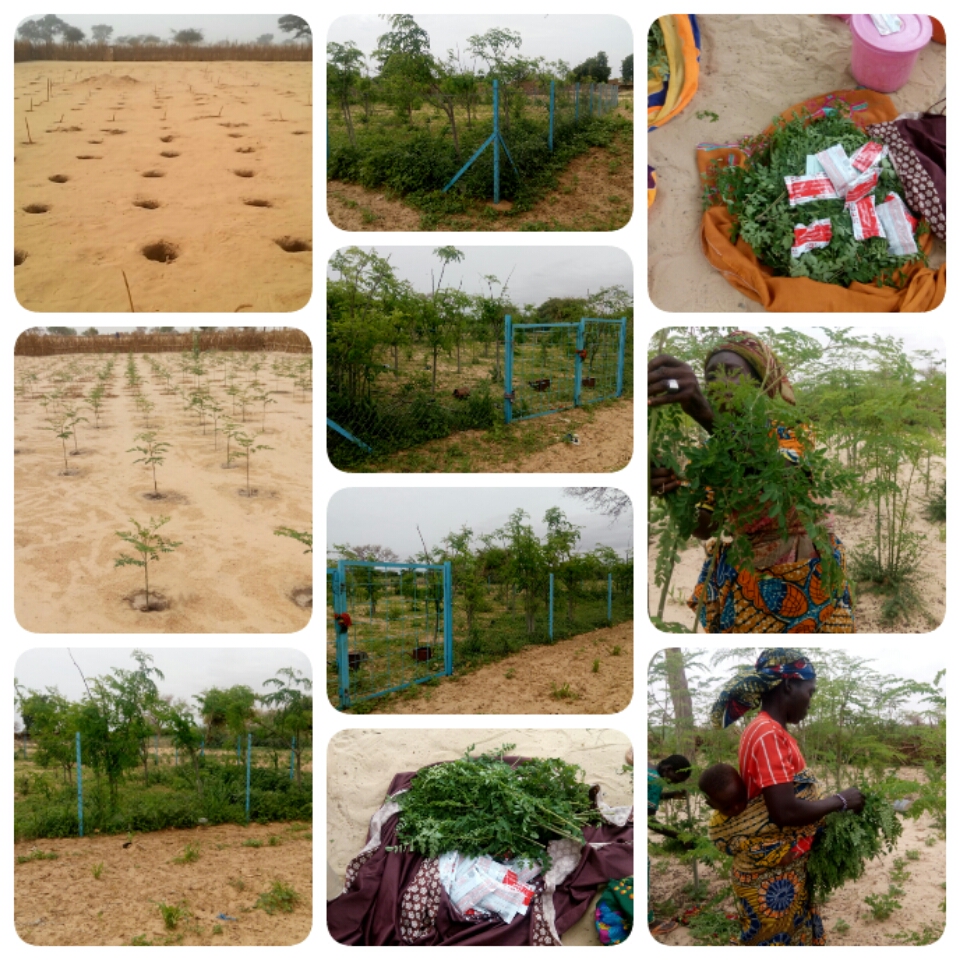
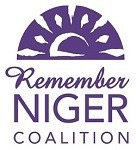 Press Release
Press Release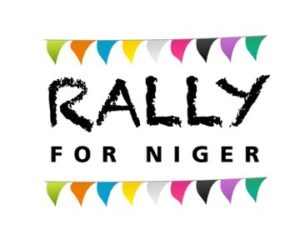
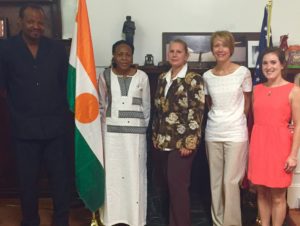 “It is very encouraging to the RNC community Nigerien officials continually recognize our impact as progressive leaders in educational development and support the expansion of our programs,” states a RNC Board Member. “Recent international reports indicate that elementary school access has drastically improved in the developing world, but it is not the final answer for student involvement and success. Thus, the global tide is turning toward access, plus quality.”
“It is very encouraging to the RNC community Nigerien officials continually recognize our impact as progressive leaders in educational development and support the expansion of our programs,” states a RNC Board Member. “Recent international reports indicate that elementary school access has drastically improved in the developing world, but it is not the final answer for student involvement and success. Thus, the global tide is turning toward access, plus quality.”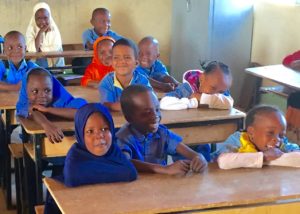 Currently, there are seven program locations mostly in the southern regions of Niger (two in the Maradi area, two in Zinder, one in Madaoua, Niamey and Dogondoutchi). However, there are strategic plans to extend RNC over the next several years. With funds from the 2016 Rally for Niger events and on-going donations, RNC will reach Tahoua City and build additional classrooms in already existing communities.
Currently, there are seven program locations mostly in the southern regions of Niger (two in the Maradi area, two in Zinder, one in Madaoua, Niamey and Dogondoutchi). However, there are strategic plans to extend RNC over the next several years. With funds from the 2016 Rally for Niger events and on-going donations, RNC will reach Tahoua City and build additional classrooms in already existing communities.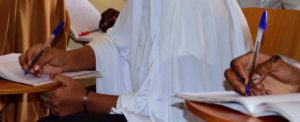 The Tahoua City initiatives are particularly exciting because RNC will engage two new partnerships. One for an elementary school and the other a model of education for girls that addresses the drop in matriculation from elementary school to upper level grades and provide life skills training for out-of-school-adolescent girls at-risk for early marriage.
The Tahoua City initiatives are particularly exciting because RNC will engage two new partnerships. One for an elementary school and the other a model of education for girls that addresses the drop in matriculation from elementary school to upper level grades and provide life skills training for out-of-school-adolescent girls at-risk for early marriage.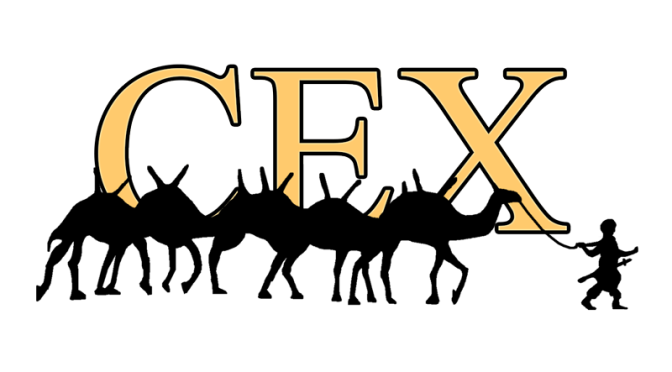

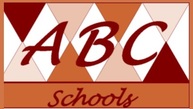
 Mahamadou Issoufou (Niger), World Humanitarian Summit (Istanbul, 2016), Member States and Stakeholders Announcements
Mahamadou Issoufou (Niger), World Humanitarian Summit (Istanbul, 2016), Member States and Stakeholders Announcements
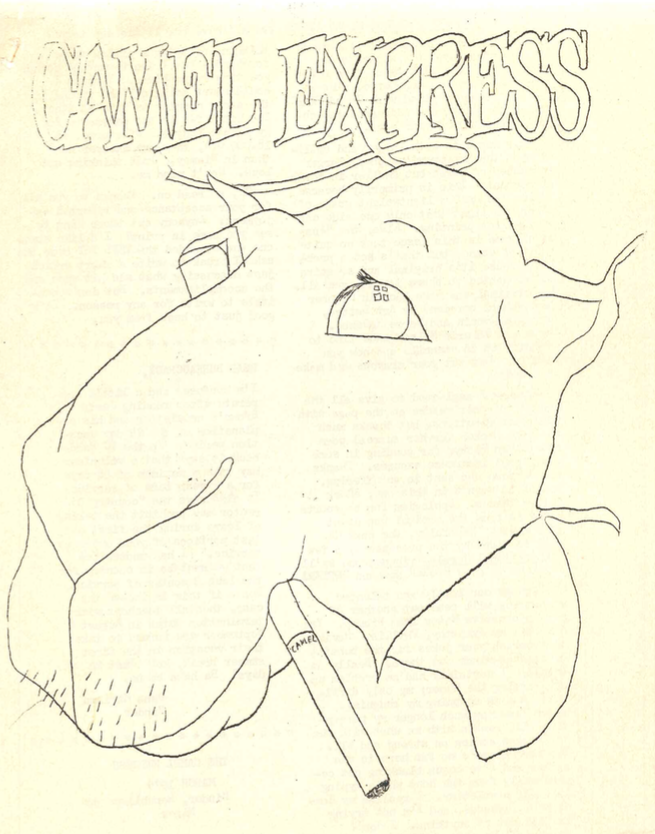 We recently posted the first issues of the Camel Express in our
We recently posted the first issues of the Camel Express in our 